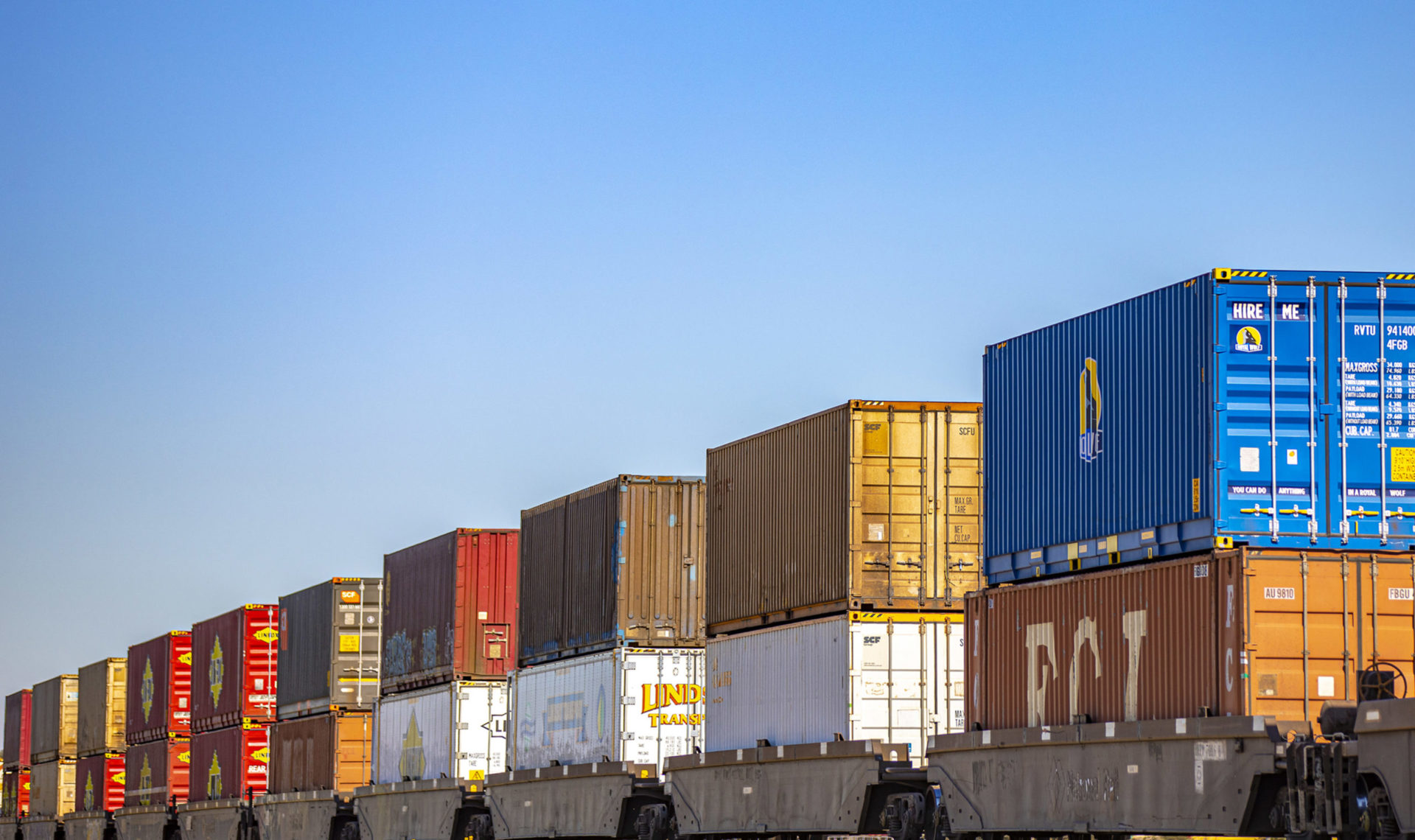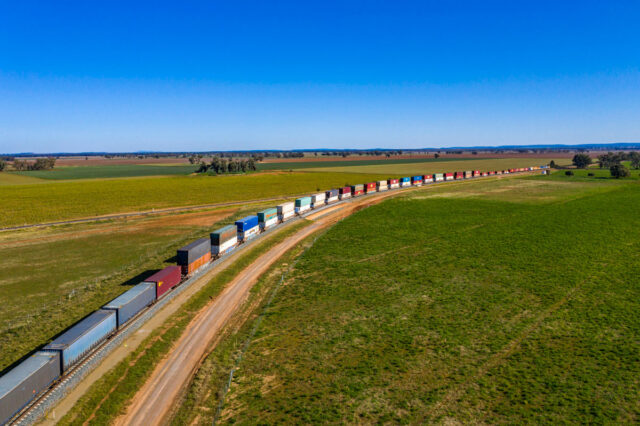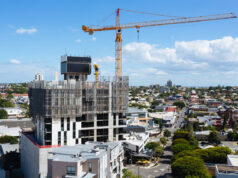Inland Rail says its new procurement strategy will benefit struggling regions. The new plan allows activation of the procurement process earlier and enables shorter procurement periods in a more collaborative industry environment.
Inland Rail CEO Richard Wankmuller says the new approach, which was adopted in September, will enable many businesses and suppliers to participate in the mega-project sooner than previously planned.
“This will enable regional communities to be better placed to deal with the current economic environment by bringing forward jobs and business opportunities for locals wherever possible,” he says.
“Many of the regional areas Inland Rail is passing through are coming off the back of drought and COVID-19. With this in mind, we know that it’s very important to get jobs into these communities as soon as possible.”
Inland Rail, which is part of the Australian Rail Track Corporation (ARTC), says its new approach is in line with the Federal Government’s commitment to fast-track investment in critical infrastructure projects in an attempt to boost the ailing national economy.
The strategy also takes into account recent industry feedback. Says Wankmuller: “Industry has clearly sent a message that Inland Rail needs to work more closely with project proponents to accelerate project tenders, maximise opportunities to participate and de-risk procurement processes.”
In addition, Wankmuller says, the plan reinforces his organisation’s existing commitment to creating opportunities for the development of skilled Indigenous workers through both the construction and the long-term operation of Inland Rail.
“We have consulted widely within Indigenous communities and we’re hearing the same message time and time again,” he says. “They want Inland Rail to enable meaningful change in their lives by creating a pathway to support longer-term business and employment outcomes.

“The new plan will aid ARTC’s commitment to creating opportunities for the development of skilled Indigenous workers through construction and will facilitate opportunities that can continue into the long-term operation of Inland Rail.”
Wankmuller points out 90 per cent of the Inland Rail project is being delivered in non-metro areas in Victoria, NSW and Queensland, providing a rare opportunity to revitalise Australia’s regional economies through jobs and training.
The project’s first section, from Parkes to Narromine, has generated more than 1,800 jobs and over $109 million in local spend, he says.
Once complete, the 1,700km Inland Rail line will enable freight transit from Melbourne to Brisbane in less than 24 hours, according to ARTC.














